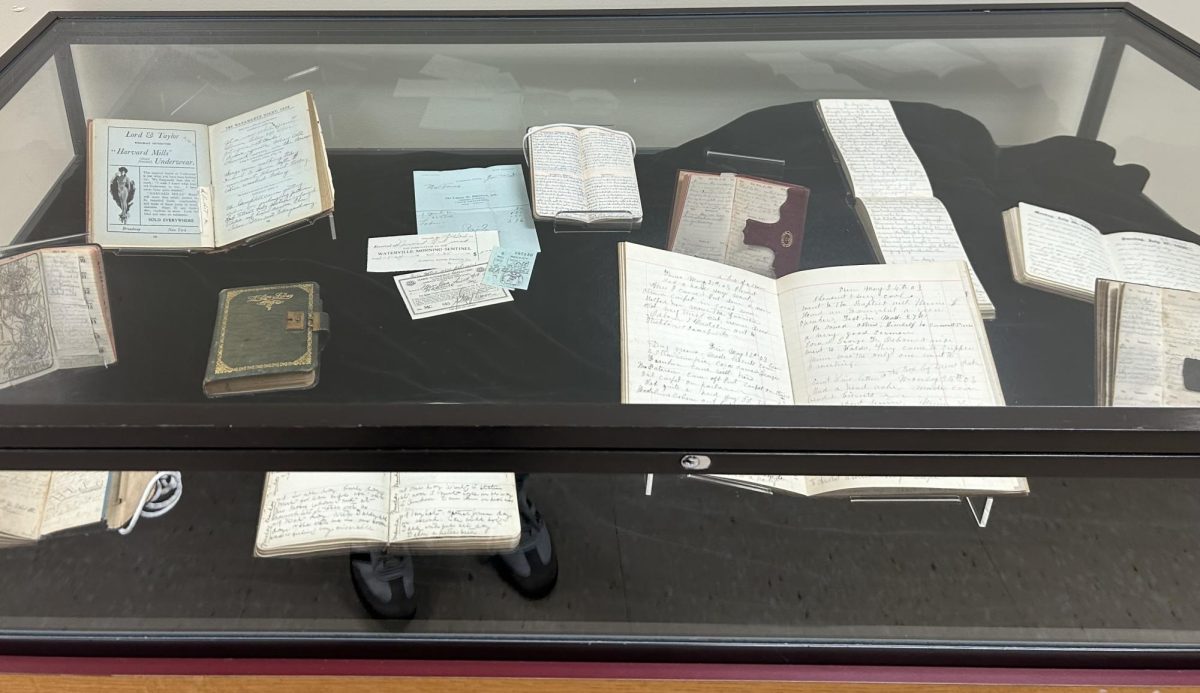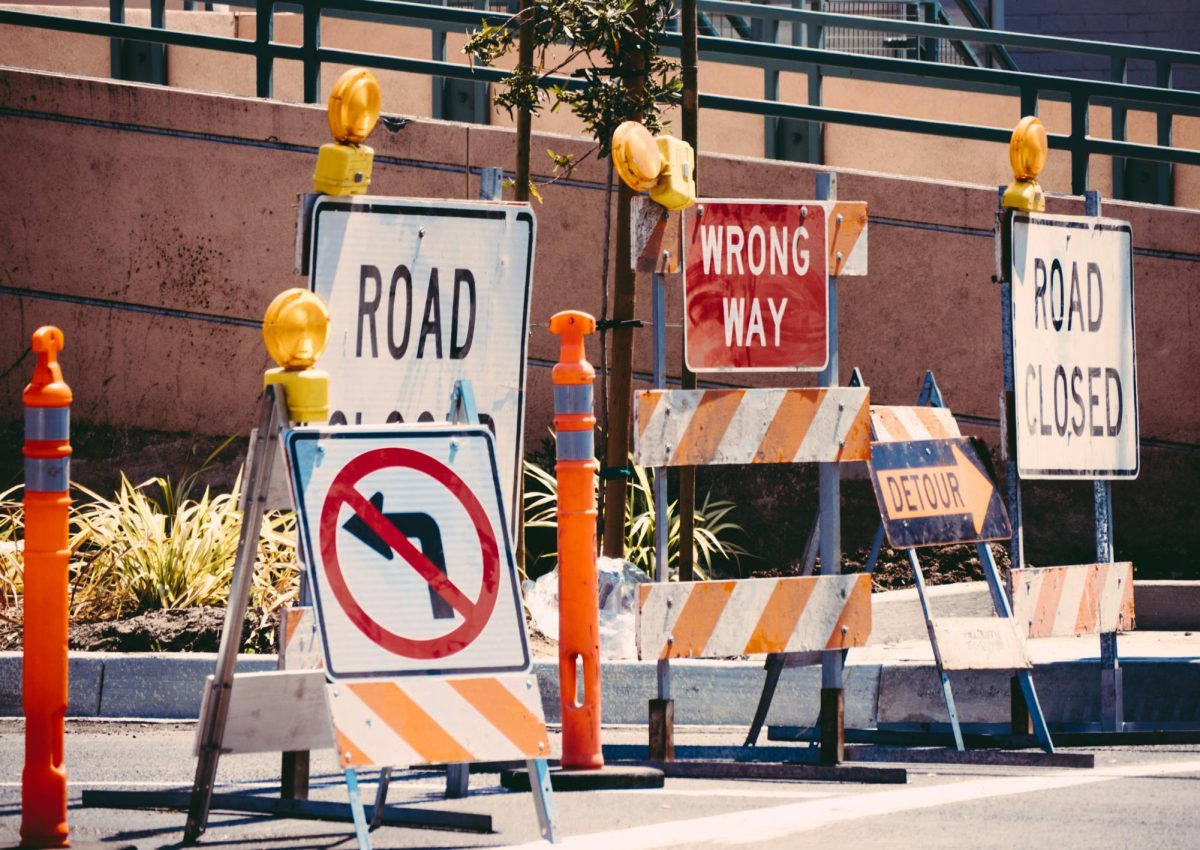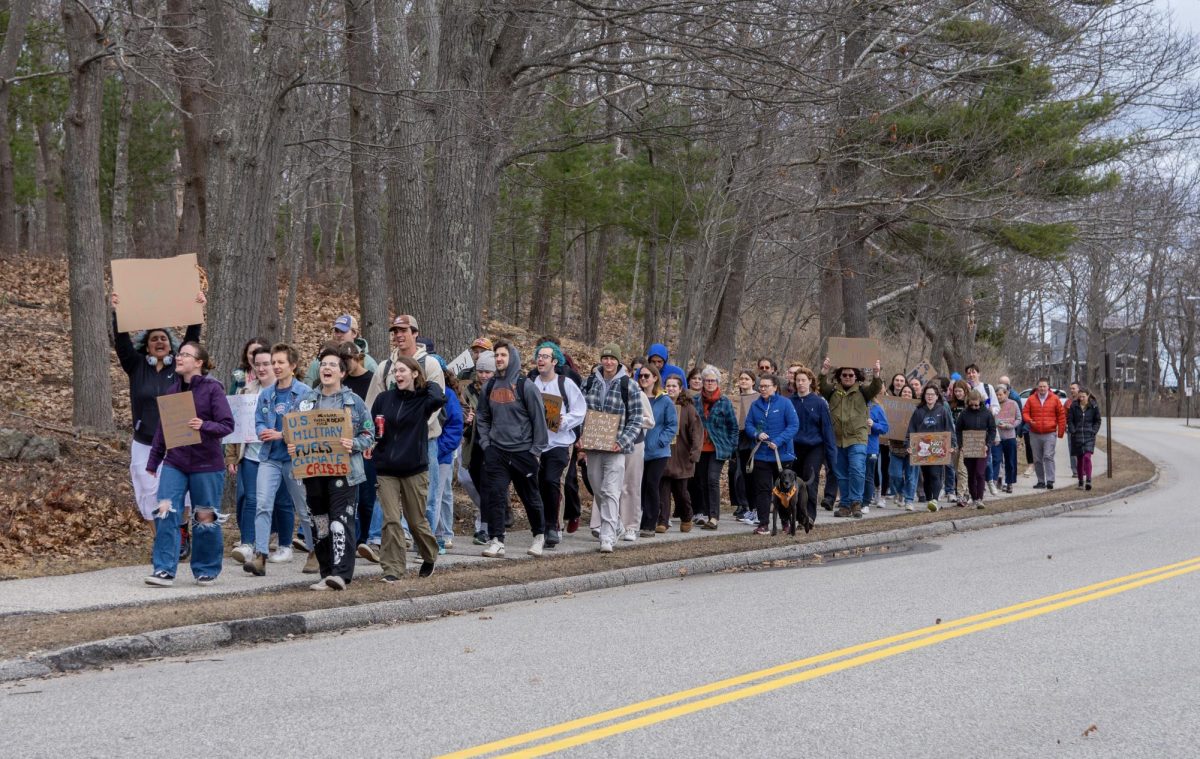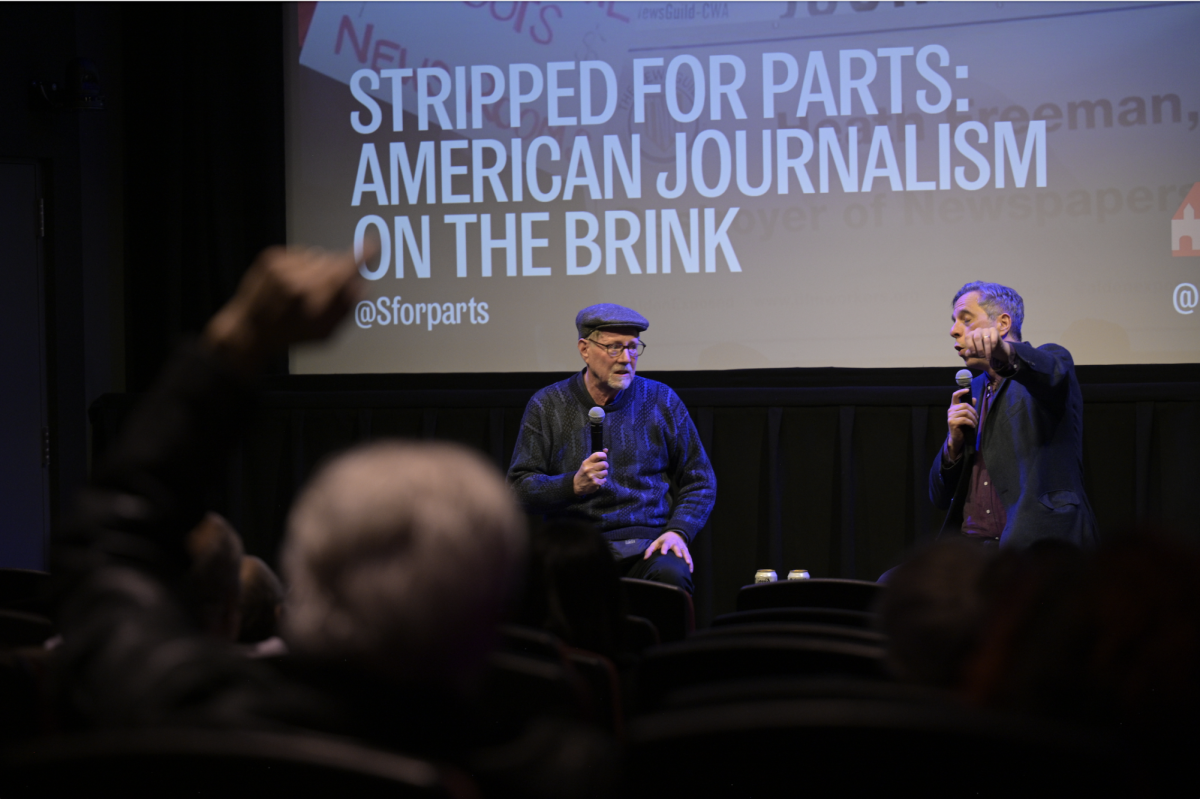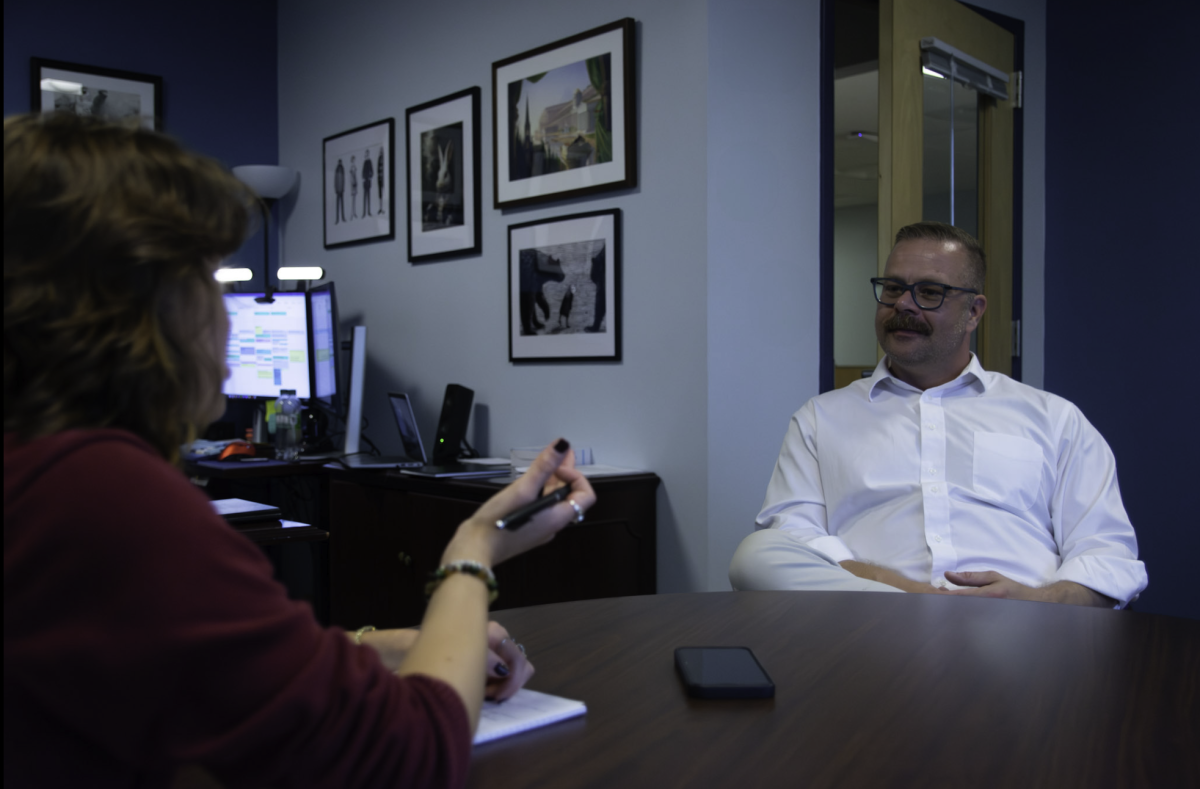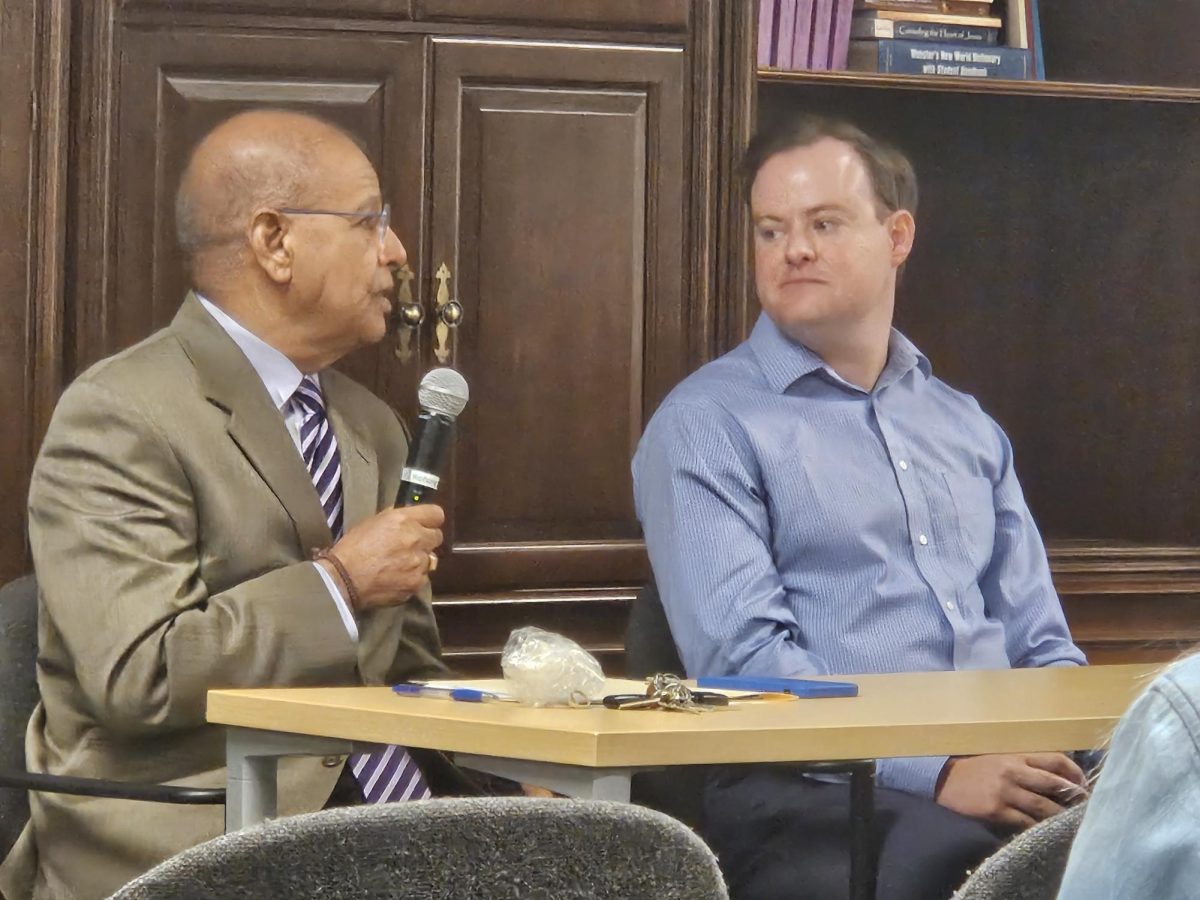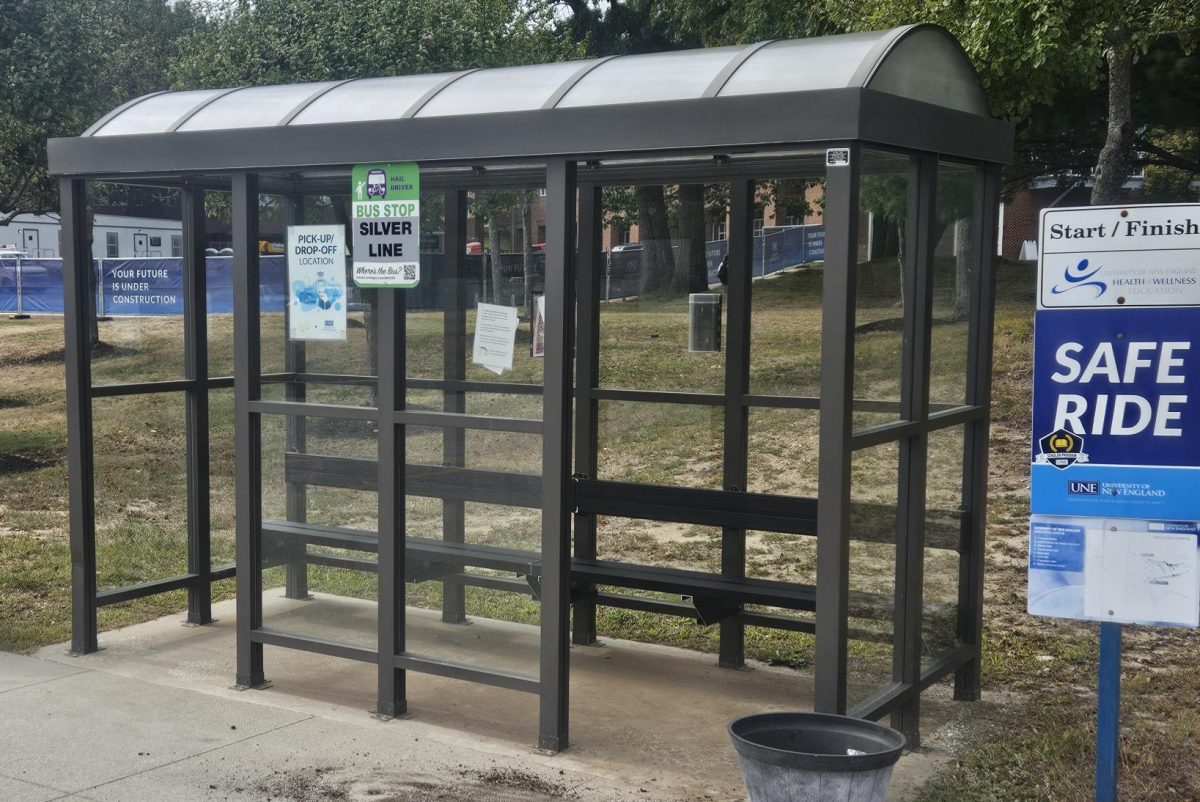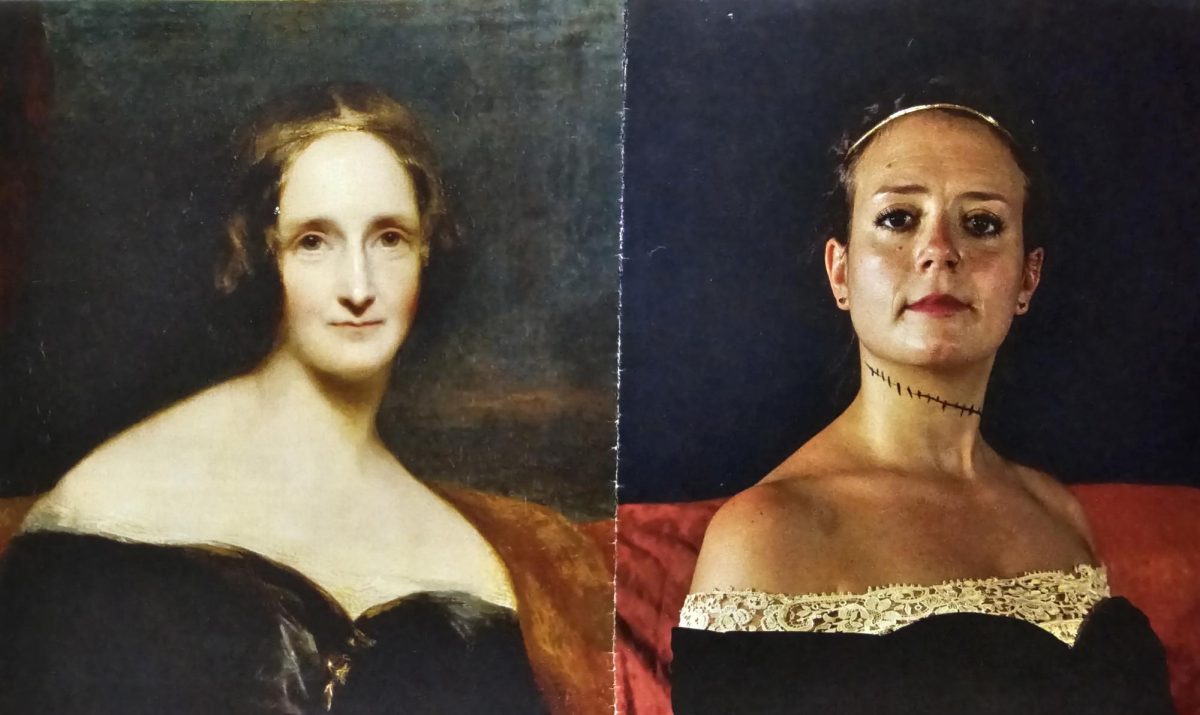Biddeford, ME — The Maine Women Writers Collection (MWWC), housed in the University of New England’s Portland Campus library, might be exactly where students should turn when grappling with feelings of helplessness during our age of rapid change. Now, part of that collection is widely available on UNE’s Biddeford campus as well.
Starting April 16th, you can visit Marcil Hall to explore a curated piece of the MWWC, a diary exhibit.
Our lives are changing in unprecedented ways— environmental crises, political chaos, and new technology all vie for attention and can leave people feeling overwhelmed and, frankly, rather dismal.
Dr. Jennifer Tuttle, the Dorothy M. Healy Professor of Literature and Health at UNE and the Director of the MWWC, highlights one aspect of the collection: the incredible archive of diaries.
What do you do when you want to find out about 51% of the population who, under many circumstances, would have been denied many venues for expressing themselves at all — certainly publicly — in a format that would have been preserved? That is what’s so incredible about diaries,” Tuttle said.
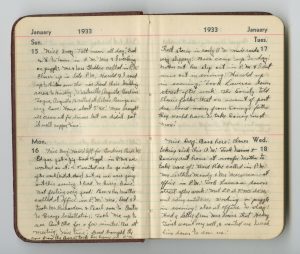
As the collection includes diaries from the early 19th century spanning well into the 21st century, it becomes a window into the extraordinary lives of ordinary women. This prods the question of what future historians might have available about the current historical record — current ordinary lives in unprecedented times.
The digital habits of Gen-Z are worrisome for many due to the looming reality of a digital dark age when digital writing will no longer be accessible. While some feel it is enough to make public statements on social media, how free are we really to express ourselves in such a polarized atmosphere?
To this point, Tuttle said, expressing ideas “that wouldn’t be part of the curated self is really, really important…you have somewhere to write those things.”
Given the speed at which our country can change from executive orders, potential tax wars, and threats to students’ ability to speak freely, diaries can become a form of resistance. Democracy thrives when citizens pay attention to issues and have a space to grapple with what problems arise.
Just as the MWWC values the lives of everyday women and ensures the preservation of their personal histories as essential to the full history of our nation, students should strive to take action to ensure our individual experiences will be recorded. This is not just for the current generation but also for those next generations hoping to better understand these complex times.
“Diaries serve as powerful tools, offering future readers a closer look at attitudes towards various aspects of life and providing a window into larger ideas that connect to broader trends. Diaries are an underutilized resource that can be essential for documenting the dynamic times in which we live,” said Dr. Eric Zuelow, a professor of European and world history at UNE.
Cathleen Miller, UNE’s Education and Outreach Archivist, also identified how diaries could become a space for respite from our continuous, overwhelming, at times, cycle of political news.
“Keeping a diary is a way of slowing down — writing words with your hands is a way to engage our brains in a very different way,” she said.
Whether through writing, reflecting, or taking action, embracing the power of documenting a personal journey and using a diary for self-expression can inspire change and make voices heard in shaping the future.
A diary exhibit created by Miller and Elia O’Hara, which is located on the Biddeford campus in Marcil Hall, opens on April 16th and will showcase a selection of diaries within the special collection archive of the MWWC. Students, faculty, and community members alike are encouraged to come together to appreciate the powerful ways in which ordinary women have recorded their lives in Maine.
The exhibit will also offer viewers an opportunity to contribute a short diary entry about their lives, displaying how we can become part of the archival record of our collective moment.
These personal accounts offer us valuable insight into women’s experiences, struggles, and triumphs, and in reflecting on their stories, we can find inspiration to reclaim our own voices and agency.
So, if you are feeling hopeless about the world, are in need of constructive venting, and value the ways in which women throughout history chose to document their lives, keeping a diary is one way to engage in activism and resist complacency.
While you’re at it, you are also preserving a critical moment for American democracy that otherwise would not be there.



